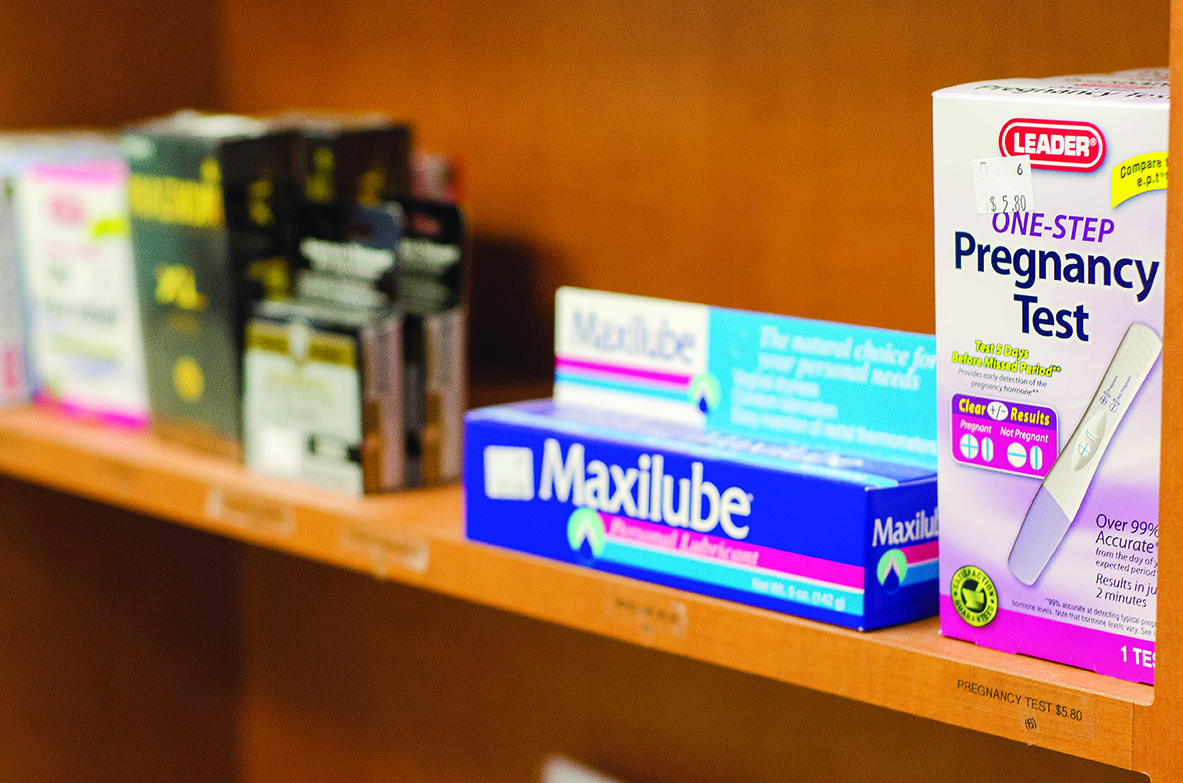Tiera George | Correspondent
We often hear the words “sexual health,” but what does that really mean?
As the rates of sexually transmitted diseases and infections skyrocket among college aged adults, it is more important than ever to know and understand your sexual health status.
Contrary to popular belief, sexual health extends far beyond the realm of intercourse. It includes being mentally, emotionally and physically well. The American Sexual Health Association also defines sexual health as a “state of physical emotional, mental, and social well-being in relation to sexual health.”
Exploring these different elements that comprise sexual health is essential to having enjoyable sexual experiences and being comfortable with yourself and your partner.
“Sexuality is more than what you do with another person sexually. It is an important aspect of your wellness,” according to NC State’s Counseling Center webpage.
“Elements of your sexuality include the person you feel you are, your body, how you feel as a man or woman, the way you dress, move, and speak, the way you act, and how you feel about other people.”
Being comfortable with who you and where like to be around are is a large part of personal mental health. Knowing and understanding yourself is also key to having comfortable intimate interactions.
“Despite the ubiquity of sexual images and messages in our culture, there’s still a lot of shame attached to talking openly and frankly about sex,” Sinikka Elliott, an Associate Professor in Sociology and Anthropology wrote in The Abstract, NC State’s research blog.
This is another important, often ignored element of sexual health: discussing what will and what won’t happen.
“Having good sexual health is making sure that you are having safe and consensual sex and getting tested regularly to ensure that you have not become infected,” said Miranda DiSanti, the 2016-2017 President of P.L.E.A.S.E. (Positive Loving Empowered Advocates for Sexual Education).
Students need to maintain physical, emotional and mental health in order to achieve a healthy sex life. Resources are available at Student Health, the GLBT center, and from P.L.E.A.S.E.




